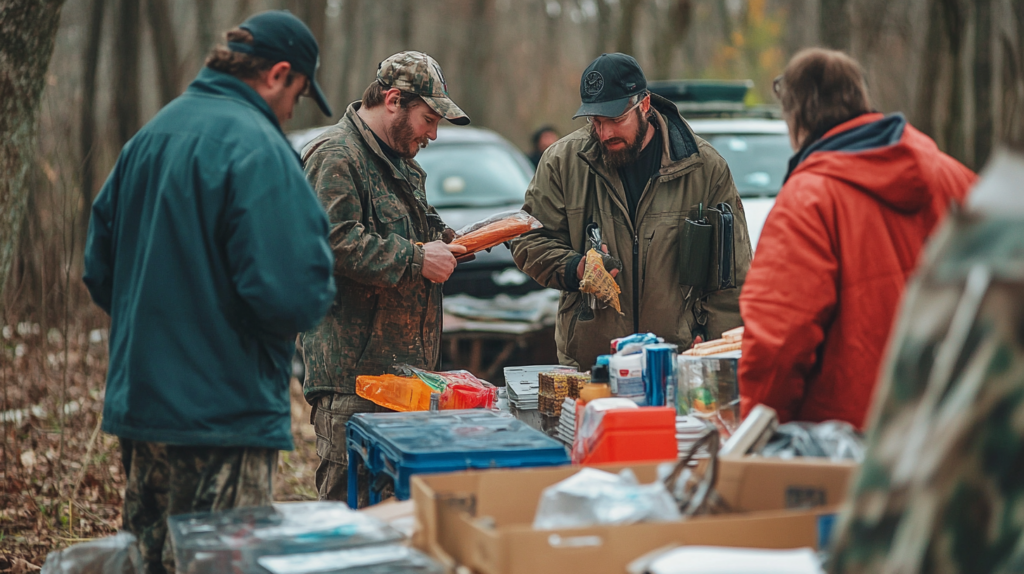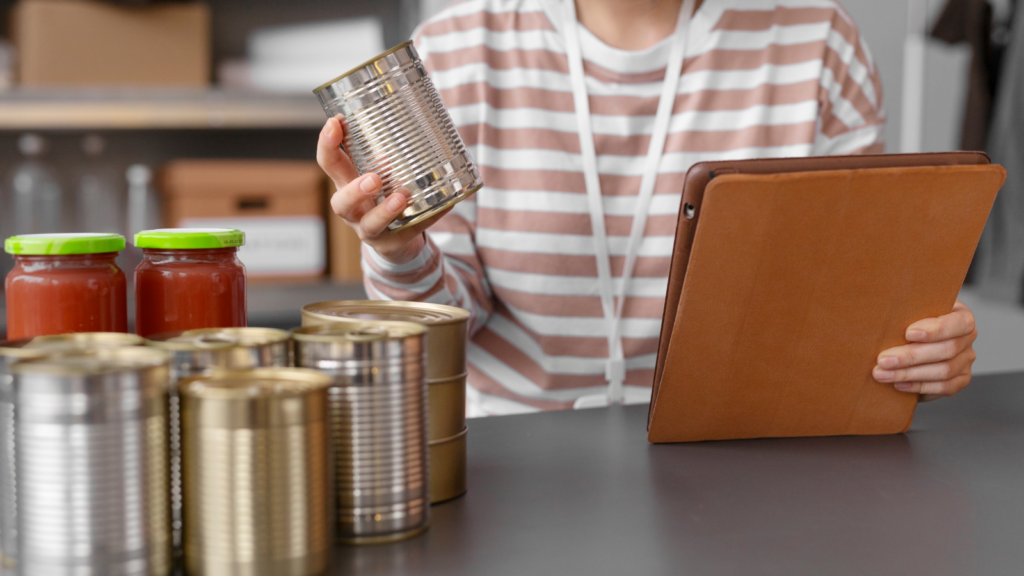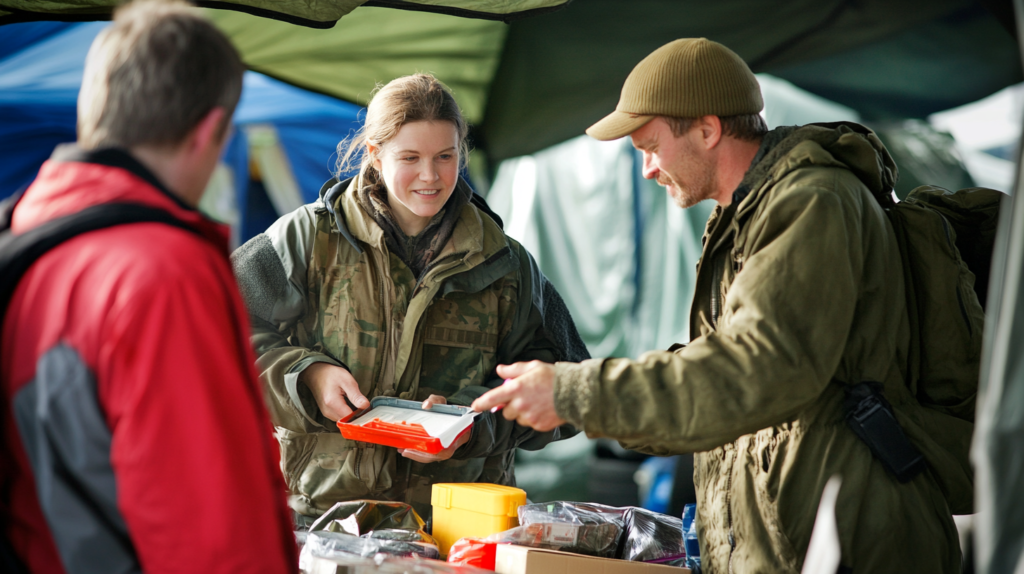In uncertain times, bartering can become a lifeline, providing a way to trade goods and services without relying on cash. It’s not just a historical relic—it’s a practical skill that can ensure your survival and even comfort in times of economic collapse, natural disasters, or other crises. When the dollar loses its power, the ability to barter effectively can mean the difference between thriving and barely scraping by. As someone who believes in preparation and resilience, I know firsthand that understanding how to barter goes beyond just having items to trade. It’s about strategy, communication, and understanding value in a world where the rules have shifted.
If you’ve never considered bartering before, now’s the time to start. With these 15 practical tips, you’ll feel more confident and equipped to navigate a cashless economy.
Understand What’s Truly Valuable

In a barter system, the value of an item isn’t fixed—it depends on what someone needs. Essentials like food, clean water, medicine, and fuel often become the most sought-after items. Luxury items like chocolate or coffee might hold surprising value too. Think practically about what people need daily and prioritize those for trade.
Build a Stockpile of Tradeable Items

A good barterer always has something worth trading. Non-perishable food, medical supplies, tools, and batteries are excellent choices. Don’t forget smaller items like lighters or sewing kits—they’re lightweight and always useful. Stock up on a mix of essentials and comfort items to meet different needs.
Develop Useful Skills

Skills are just as valuable as items, and they don’t run out. If you know how to fix plumbing, repair clothes, or grow food, you’ll always have something to offer. Think about what people in your community might need help with and focus on honing those skills.
Learn Basic Negotiation Techniques

Bartering is all about negotiation, so confidence and fairness go a long way. Start with a reasonable offer, and don’t be afraid to walk away if the trade doesn’t feel right. Practice reading people’s expressions and tone—it can tell you a lot about how much they value what you’re offering.
Keep a Low Profile

When times are tough, showing off what you have can make you a target. Keep your stockpile and bartering activities discreet. Avoid boasting or flashing rare goods, especially around strangers.
Barter Locally and Build Relationships

Trading is safer and smoother when you know the people involved. Building trust in your local community makes bartering more reliable and reduces the risk of scams. Neighbors can become allies in tough times, and long-term relationships matter.
Start Small to Build Confidence

If you’re new to bartering, start with small trades. This helps you learn the ropes without risking too much. Trading a few batteries for some canned food is a low-pressure way to get comfortable with the process.
Keep a Mental Inventory of Your Items

Knowing exactly what you have to trade saves time and ensures you don’t overcommit. A mental or written list of your stockpile can help you stay organized and keep track of what’s in high demand.
Focus on Portability

When building your barter stockpile, prioritize items that are small and easy to transport. Think about high-value, low-weight goods like spices, bandages, or flash drives. This makes trading on the go much easier.
Use Neutral Ground for Trades

Whenever possible, meet in a neutral location for your trades. This protects both parties and minimizes the chance of misunderstandings or conflict. Public spaces that feel secure are ideal for exchanges.
Test Items Before Trading

Always inspect and, if possible, test items before finalizing a trade. This ensures you’re not getting something broken or unusable. For example, check that flashlights work or food isn’t expired.
Have a Backup Plan

Bartering can be unpredictable, so always have a plan B. If a trade falls through, make sure you have alternative items or options to fall back on. Flexibility is key to keeping deals alive.
Learn the Art of Timing

Timing can affect the value of your goods. Winter might increase the value of blankets, while a power outage could make batteries or candles more precious. Pay attention to seasonal and situational changes to get the best deals.
Practice Non-Verbal Communication

Sometimes, actions speak louder than words. Learning to read body language and maintain a calm demeanor can give you an edge during negotiations. It can also help you spot if someone is nervous or withholding information.
Don’t Forget the Power of Hospitality

A little kindness can go a long way in bartering. Offering a cup of coffee or simply showing gratitude can make people more willing to trade fairly. Building goodwill leaves the door open for future deals.

